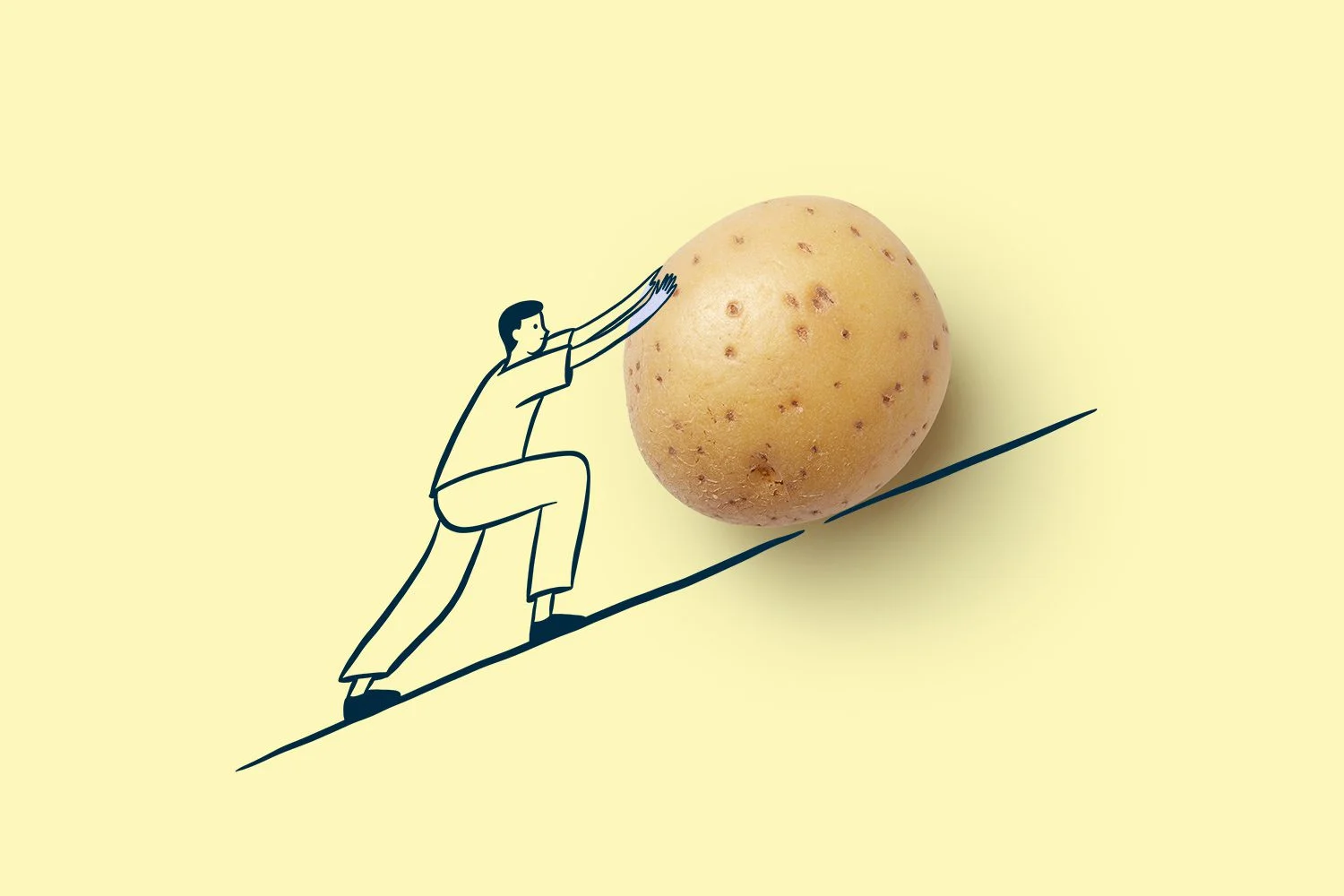
You look in the mirror. The weight sits around your middle. Not your arms. Not your legs. The scale didn’t jump. But your jeans did. Waist gain matters more than overall weight. Turkish clinics measure waist-to-hip ratio, not just BMI. Because abdominal fat acts differently. It’s not just storage. It’s metabolic chaos.
Your blood pressure creeps up, even on calm days
You’re not stressed. Yet your readings are high. 135. 140. Sometimes 145. You double-check. You breathe slower. Still elevated. Turkish doctors often catch early-stage hypertension in healthy-looking patients. Because blood pressure doesn’t always rise with stress. Sometimes it climbs with insulin resistance, years before symptoms show.
Your blood sugar isn’t high—but it’s not stable either
Your fasting glucose reads 104. Your post-meal jumps to 160. Doctors say “watch it.” But nothing more. This isn’t diabetes. But it’s not normal either. Turkish endocrinologists refer to it as “glucose variability.” It’s a key part of metabolic syndrome. Sugar swings before sugar sticks.
You wake up tired, no matter how many hours you sleep
Eight hours. Maybe nine. But you’re still tired. You open your eyes slowly. You sit longer. Fatigue that stays through rest is metabolic. It’s not burnout. It’s internal imbalance. Mitochondria slow down. Cells stop using insulin well. And energy doesn’t reach where it should.
Your cholesterol numbers shift without diet changes
You eat the same. But your LDL rises. HDL drops. Triglycerides climb. Something doesn’t add up. Turkish dietitians warn patients not to chase low-fat trends blindly. Because metabolic syndrome rewrites the rules. It changes how the liver processes fat. Even without dietary changes.
You feel hungrier after eating than before you sat down
You finish dinner. You’re full. But something feels missing. You still want more. Not because of taste. But because satiety never arrived. Insulin resistance dulls the hunger signals. Leptin stops working. Turkish obesity clinics see this symptom often. It’s hunger without a reason. A metabolic mismatch.
Your skin starts to show signs around the neck and elbows
Dark patches. Velvet-like texture. Especially in folds. You scrub. It doesn’t fade. It’s not about hygiene. It’s about insulin. Acanthosis nigricans is one of the first visible signs. Turkish dermatologists see it in teens more often now. Especially those with sedentary lifestyles and hidden weight gain.
You’ve been told “everything is fine” but your body says otherwise
Your labs sit in range. Your doctor smiles. But your body doesn’t agree. You’re bloated. You’re moody. Your energy crashes. Turkish integrative clinics now compare trends, not snapshots. A single test might miss what a pattern shows. Especially in metabolic syndrome. Where dysfunction often lives in the “almost normal.”
You’ve had a gallbladder issue, but no one explained why
Gallstones. Bloating. Surgery, maybe. But no answers. Turkish gastroenterologists now link gallbladder dysfunction with insulin resistance. The bile doesn’t flow right. The liver stores more fat. And the digestive system reacts. Gallbladder pain, in some cases, is the first visible sign of invisible syndrome.
You skip breakfast, and it makes you hungrier all day
You think you’re saving calories. But you’re just shifting hunger. You snack more by noon. You crave carbs by evening. This erratic appetite links to glucose swings. Turkish nutritionists recommend steady meals instead. Because the first bite shapes the rest of the day. Especially for metabolic rhythms.
Your periods became heavier or more irregular over time
They weren’t always like this. But now they hurt more. Come unpredictably. Linger longer. Turkish gynecologists increasingly screen for PCOS in these cases. Because metabolic syndrome and polycystic ovaries often overlap. Not every woman with PCOS is overweight. But many struggle with the same hormonal resistance.
You feel jittery when you wait too long between meals
You delay lunch. Suddenly, you’re shaky. Lightheaded. Sweaty. A snack helps instantly. That dip wasn’t just hunger. It was hypoglycemia. A classic result of unstable insulin function. In Turkish clinics, these symptoms often precede formal glucose issues. They’re early whispers, not full shouts.
You take short walks but rarely break a sweat
You move. But nothing changes. You walk daily. But the scale stays still. Your pulse doesn’t rise. Turkish exercise physiologists talk about metabolic adaptation. The body learns to conserve energy. Especially when hormones are off. Even basic movement doesn’t trigger the same burn anymore.
You’re often constipated, but your diet hasn’t changed
You eat fiber. You hydrate. Still, you’re irregular. Stool is harder. Less frequent. Slower. Metabolic syndrome slows transit time. Not from food—but from nerve and hormonal interaction. Turkish gastroenterologists include bowel patterns now when screening for early syndrome cases. Because digestion reflects everything.
You feel warm after meals, not satisfied
You eat. Then comes the flush. Warmth in your chest. Mild discomfort. This isn’t allergy. It’s glucose overload. Turkish internal medicine clinics report these post-meal reactions more in people with borderline insulin resistance. Meals trigger temperature shifts when the body can’t process them smoothly.
You’ve noticed mild swelling around the ankles by evening
It disappears by morning. But comes back. Ankles puff slightly. Socks leave marks. This is low-grade fluid retention. Often linked with vascular stress. Turkish cardiologists now tie this symptom to early metabolic inflammation. Not always heart failure. Sometimes, just inefficient cellular cleanup.
You’re not overweight, but you have many of the symptoms
Your BMI is 22. But your energy is low. Your sugar swings. Your lipids drift. Turkish health data shows that metabolic syndrome affects lean people too. Especially those with genetic risk. Or post-menopausal women. Or people who’ve lost weight too quickly.
